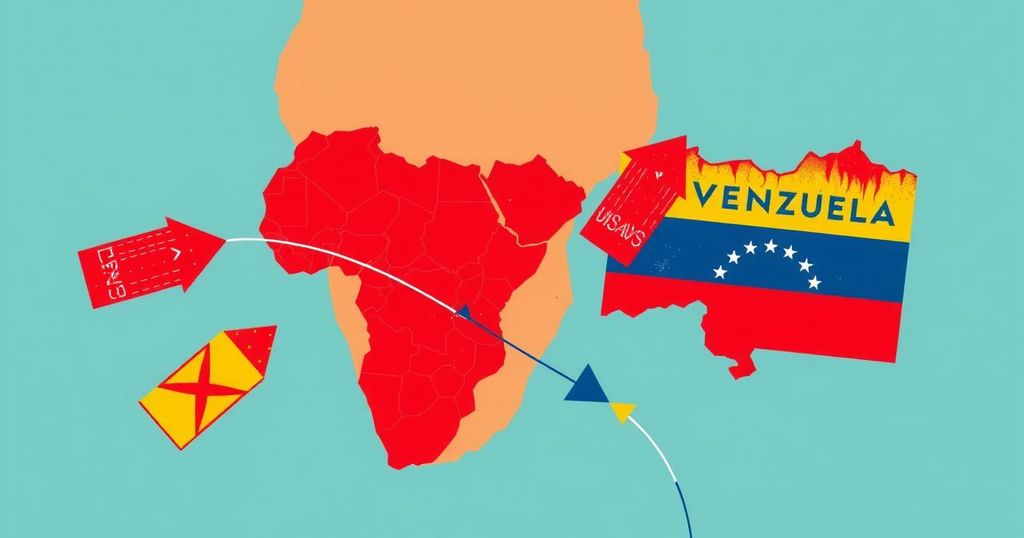Nigeria Rejects US Pressure to Accept Deported Venezuelans

- Nigeria rejects U.S. pressure to accept deported Venezuelans.
- Foreign Minister Tuggar cites Nigeria’s internal challenges as a reason.
- The U.S. is lobbying African countries for third-country resettlement.
- Critics label U.S. policy as migrant dumping.
- Liberia also confirms rejection of deported Venezuelans.
Nigeria’s strong stance against U.S.-led resettlement plans
Nigeria’s foreign minister has made headlines recently by explicitly rejecting pressure from the United States to accept deported Venezuelans. Foreign Minister Yusuf Tuggar, during a televised interview, expressed that it was both “unfair” and “unrealistic” for Nigeria to take in these deportees, many of whom have no connections to the country. With Nigeria’s population exceeding 230 million, Tuggar emphasized that the nation is already grappling with numerous internal issues, adding, “We cannot take Venezuelan deportees in Nigeria, for crying out loud.” This statement reflects the ongoing tension between U.S. immigration policies and international diplomacy as African nations resist resettling third-party migrants.
Pressure grows as U.S. seeks third-country agreements
His rejection comes in light of reports detailing how the Trump administration has been actively lobbying multiple African states, insisting they accept deported Venezuelans amidst logistical difficulties in repatriating these individuals to their home country. Nigeria has now become the first country to publicly refuse cooperation with this plan. Tuggar’s blunt remarks even included a quote from rapper Flava Flav of the hip-hop group Public Enemy highlighting their own issues as not being other countries’ burdens. Critics of this approach have labeled the tactic as “migrant dumping,” pointing to the ethical concerns of forcing nations like Nigeria to take on the challenges of these deportees.
A regional resistance to U.S. immigration policies
Additionally, Nigeria is not standing alone in this rejection. Liberia’s Foreign Minister, Sara Beysolow Nyanti, affirmed that her country also has no interest in participating in negotiations with the U.S. for accepting deported individuals. The emphasis on humanitarian crises in countries like Venezuela has fueled resistance in the U.S., particularly in states like Florida, where there is a significant Venezuelan community. With the Trump administration showing no sign of backing down, the recent White House summit with five West African leaders reinforced the push for establishing safe third-country agreements and addressing visa overstays. The implications of these policy changes could drastically alter migration patterns in the region moving forward.
In summary, Nigeria’s foreign minister has articulated a resolute stance against U.S. pressure to accept Venezuelan deportees, arguing that it is unrealistic given Nigeria’s current challenges. Other West African nations appear to be following suit, complicating the Trump administration’s push for third-party resettlement agreements. The ongoing dialogue underscores a significant clash of interests in the realm of international immigration policy.







